What is Blue Light?
Blue light is shortwave lengths of light (these carry the most energy) which is generally emitted from electronic devices, like your phone, TV, and computer. But blue light is also transmitted from the sun along with red, yellow, orange, green light waves. These light waves mixed together create "white light".

Key Points About Blue Light
Like ultraviolet radiation, visible blue light — the portion of the visible light spectrum with the shortest wavelengths and highest energy — has both benefits and dangers. Here are important things you should know about blue light:
1. Blue light is everywhere.
Sunlight is the main source of blue light, and being outdoors during daylight is where most of us get most of our exposure to it. But there are also many man-made, indoor sources of blue light, including display screens of computers, TVs, smartphones and other digital devices.

2. HEV light rays make the sky look blue.
The short-wavelength, high-energy light rays on the blue end of the visible light spectrum scatter more easily than other visible light rays when they strike air and water molecules in the atmosphere. The higher degree of scattering of these rays is what makes a cloudless sky look blue.
3. The eye is not very good at blocking blue light.
The human eye is very effective at blocking UV rays from reaching the light-sensitive retina at the back of the eyeball. However, when it comes to blue light, virtually all visible blue light passes through the cornea and lens and reaches the retina.
4. Blue light exposure may increase the risk of macular degeneration.
The fact that blue light penetrates all the way to the retina (the inner lining of the back of the eye) is important, because laboratory studies have shown that too much exposure to blue light can damage light-sensitive cells in the retina. This causes changes that resemble those of macular degeneration (a disease that can result in blurred or no vision), which can lead to permanent vision loss.
Although more research is needed to determine how much natural and man-made blue light is "too much blue light" for the retina, many eye care providers are concerned that the added blue light exposure from computer screens, smartphones, TVs, and other digital devices might increase a person's risk of macular degeneration later in life.
5. Blue light contributes to digital eye strain.
Because of short-wavelength, high energy blue light scatters more easily than other visible light, it is not as easily focused. When you're looking at computer screens and other digital devices that emit significant amounts of blue light, this unfocused visual "noise" reduces contrast and can contribute to digital eye strain.
6. Blue light protection may be even more important after cataract surgery.
The lens in the adult human eye blocks nearly 100% of the sun's UV rays. As part of the normal ageing process, the eye's natural lens eventually blocks some short-wavelength blue light as well — the type of blue light most likely to cause damage to the retina and lead to macular degeneration and vision loss.
After cataract surgery you might benefit from eyeglasses that have lenses with a special blue light filter & anti-blue light screen protectors for your TV (such as the ones sold at thescreenprotector.com) & phone— especially if you spend long hours in front of a digital devices.
7. Not all blue light is bad.
So, is all blue light bad for you? Why not block all blue light, all the time?
Bad idea. It's well documented that some blue light exposure is essential for good health. Research has shown that high-energy visible light boosts alertness, helps memory and cognitive function and elevates mood.
In fact, something called light therapy is used to treat seasonal affective disorder (SAD) — a type of depression that's related to changes in seasons, with symptoms usually beginning in the fall and continuing through winter. The light sources for this therapy emit bright white light that contains a significant amount of HEV blue light rays.
Also, blue light is very important in regulating circadian rhythm — the body's natural wakefulness and sleep cycle. Exposure to blue light during daytime hours helps maintain a healthful circadian rhythm. But too much blue light late at night (reading a novel on a tablet computer or e-reader at bedtime, for example) can disrupt this cycle, potentially causing sleepless nights and daytime fatigue.
Blue Light Filters
If you are on your phone constantly or watch TV (especially during night!) you might want to consider getting a blue light filter.
For a blue light filter for your TV visit thescreenprotector.com. Not only do the anti-blue light TV screen protectors filter out blue light, but they also protect your TV from accidental impact damage!


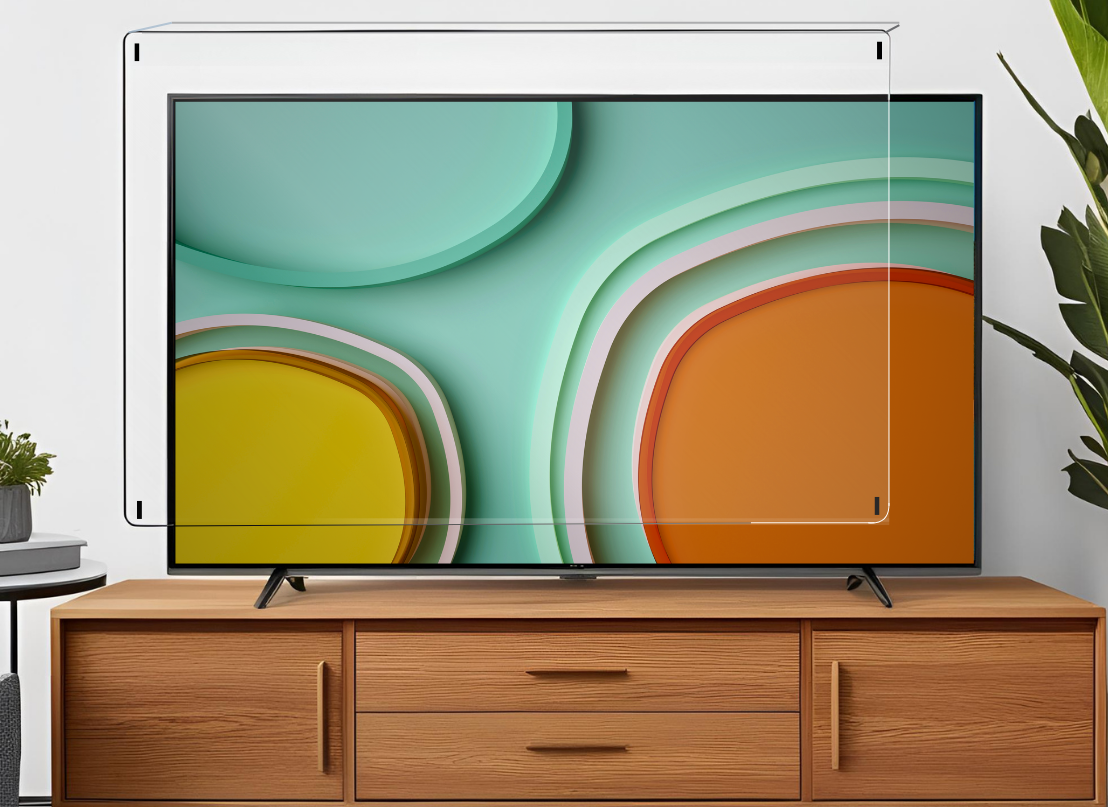
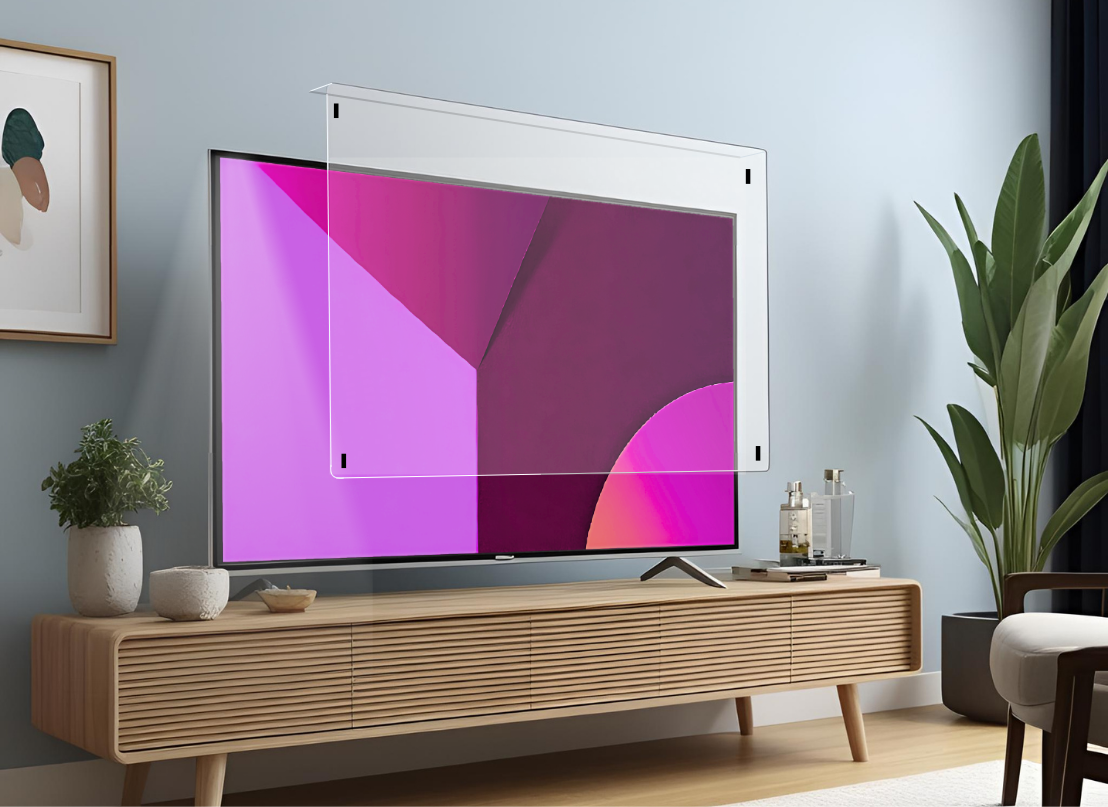
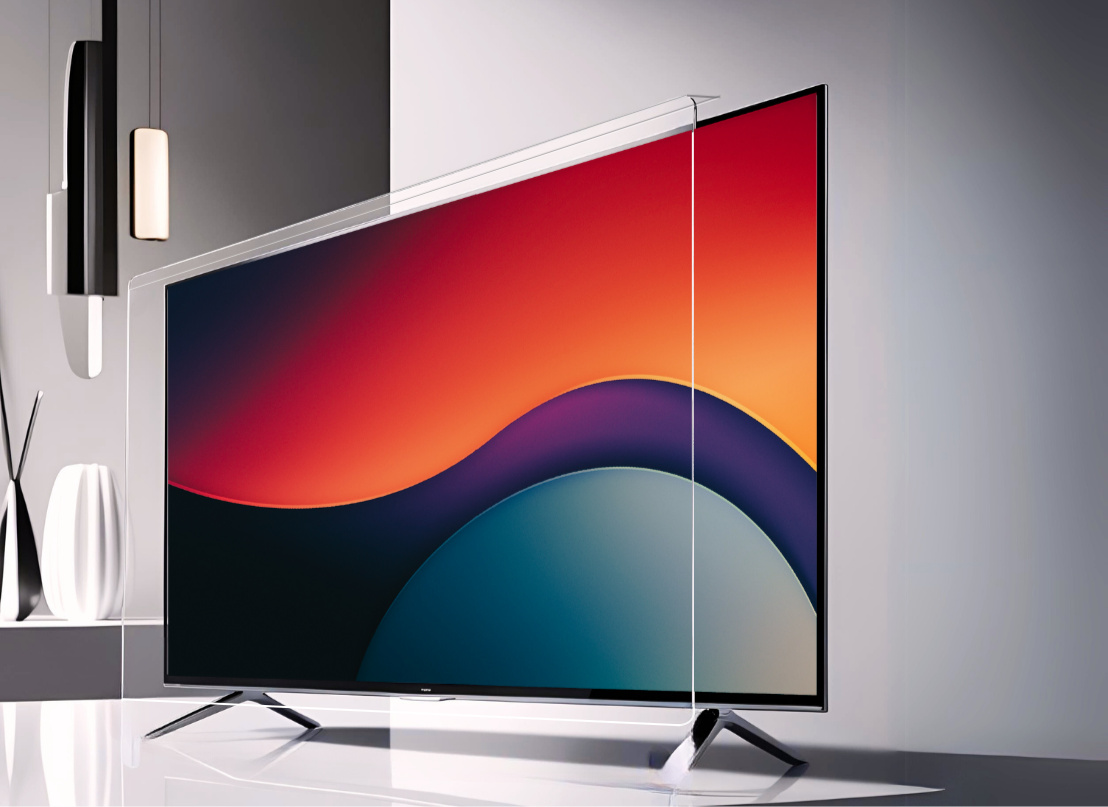
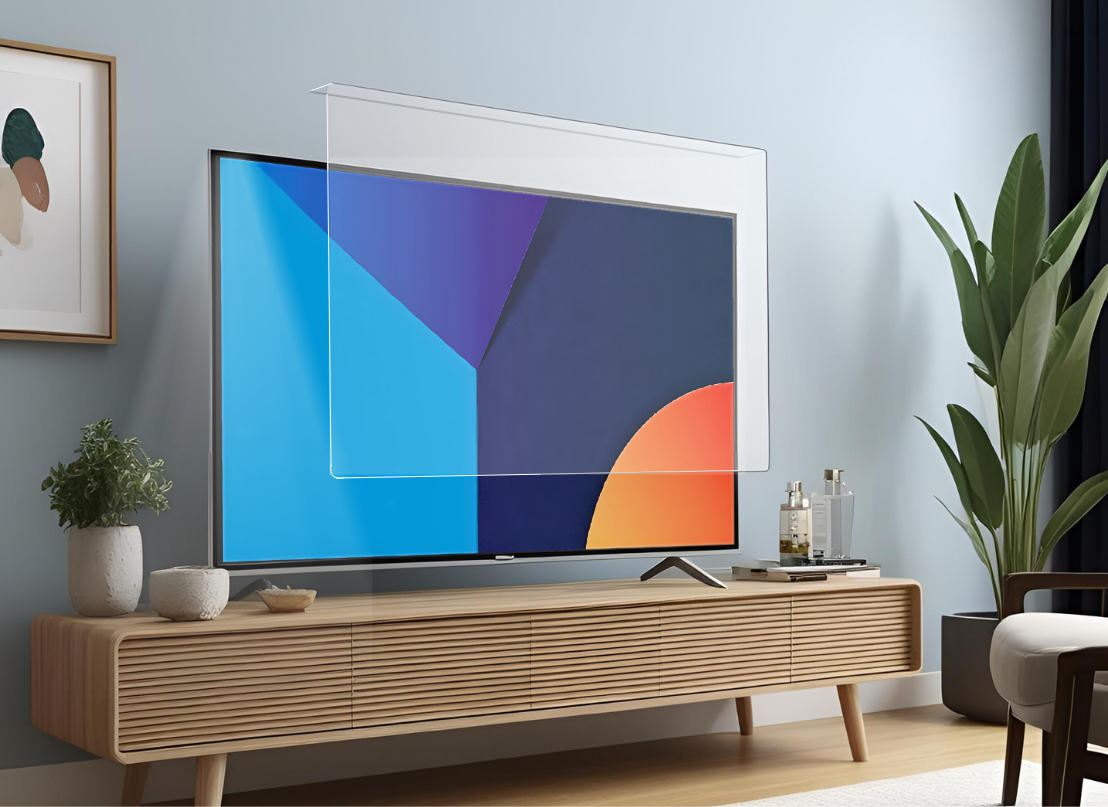

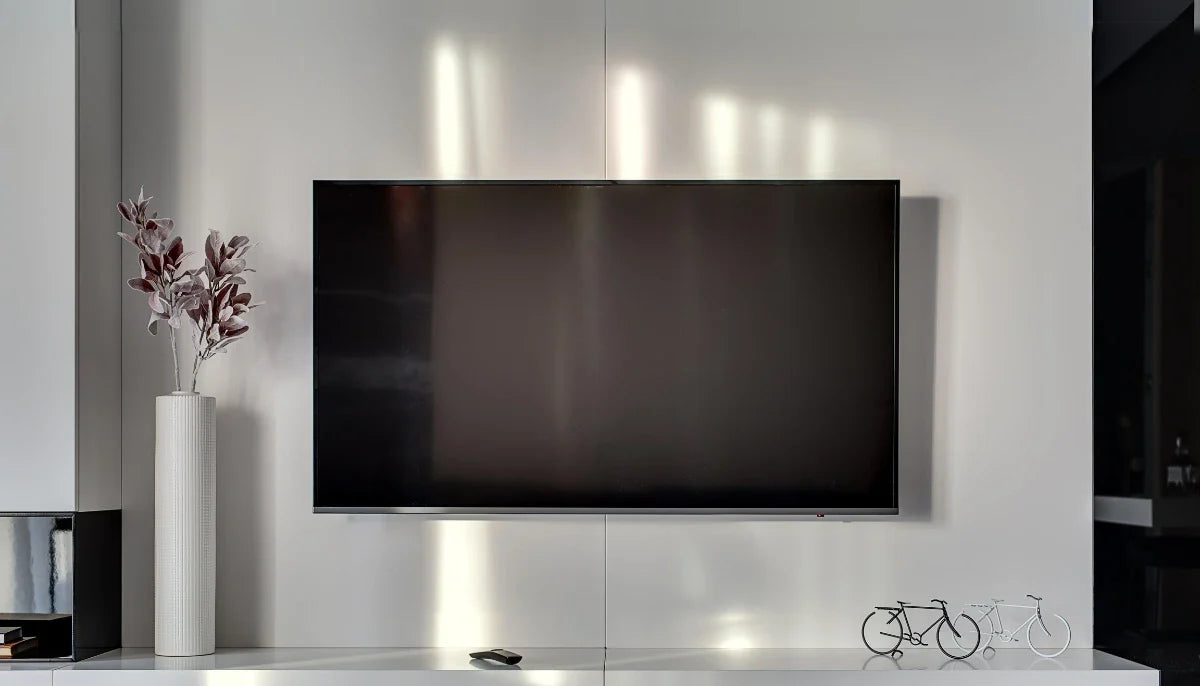

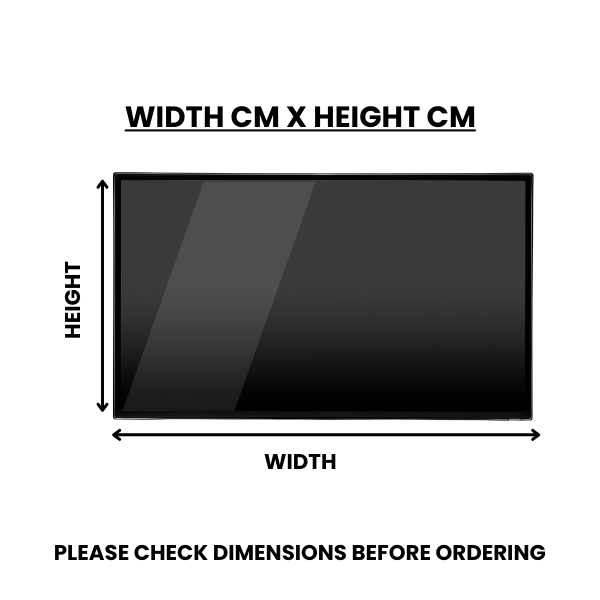

Leave a comment (all fields required)